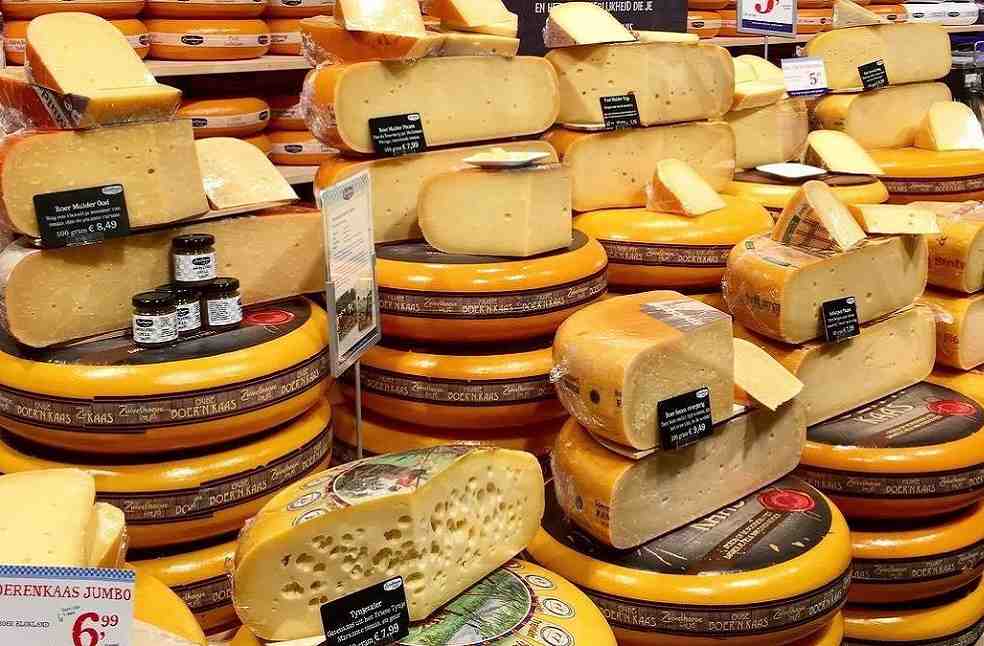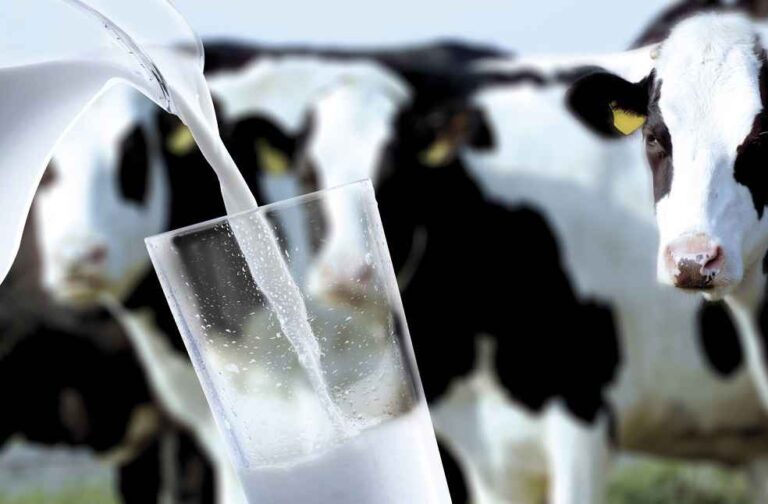Chinese authorities started an anti-subsidy investigation into European dairy imports. This dairy probe escalating trade tensions with the European Union (EU) soon after the European Commission’s revised duties on Chinese electric vehicle.
Context and Implications
China’s Ministry of Commerce announced the investigation, responding to a complaint from the domestic dairy industry filed on July 29. The probe centers on 20 subsidy programs across eight EU member states, targeting support mechanisms such as dairy storage, young farmers’ allowances, and supplementary income. Beijing’s scrutiny focuses on potential distortions these subsidies create within its own market.

Ireland emerges as a critical player, being the largest exporter of dairy products to China, with 2023 sales reaching €423 million. The investigation zeroes in on specific dairy categories—fresh cheese, processed cheese, blue cheese, and other varieties—signaling a targeted approach rather than a sweeping trade restriction.
European Reaction
The European Union Chamber of Commerce in China responded with little surprise, considering recent EU trade measures against Chinese electric vehicles. The European Commission expressed readiness to defend the EU dairy sector, asserting that the investigation must adhere to World Trade Organization (WTO) rules.
Conor Mulvihill, Director of Dairy Industry Ireland, downplayed the potential disruption, emphasizing the narrow scope of the investigation. Irish dairy products benefit from diversification both in terms of product offerings and export markets, mitigating risks from any adverse outcomes.

Broader Trade Implications
This latest move by Beijing forms part of a broader retaliatory strategy, adding to earlier inquiries into European imports of pork and cognac. The ongoing tit-for-tat actions between the EU and China reveal an increasingly strained trade relationship, exacerbated by the EU’s stance on Chinese electric vehicles.
Josep Borrell, the EU’s top diplomat, acknowledged the growing risk of a trade war, cautioning against a ‘systemic confrontation’ but recognizing its potential inevitability. The European Commission’s investigation had earlier concluded that Chinese electric vehicles, heavily subsidized at every production stage, threaten European industries with artificially low prices. Potential tariffs as high as 36.3% on non-cooperative Chinese carmakers loom by the end of October.
IMEX SECTOR | Vietnamese Rice Prices Soar, Top Global Market Amid Record Export Growth



